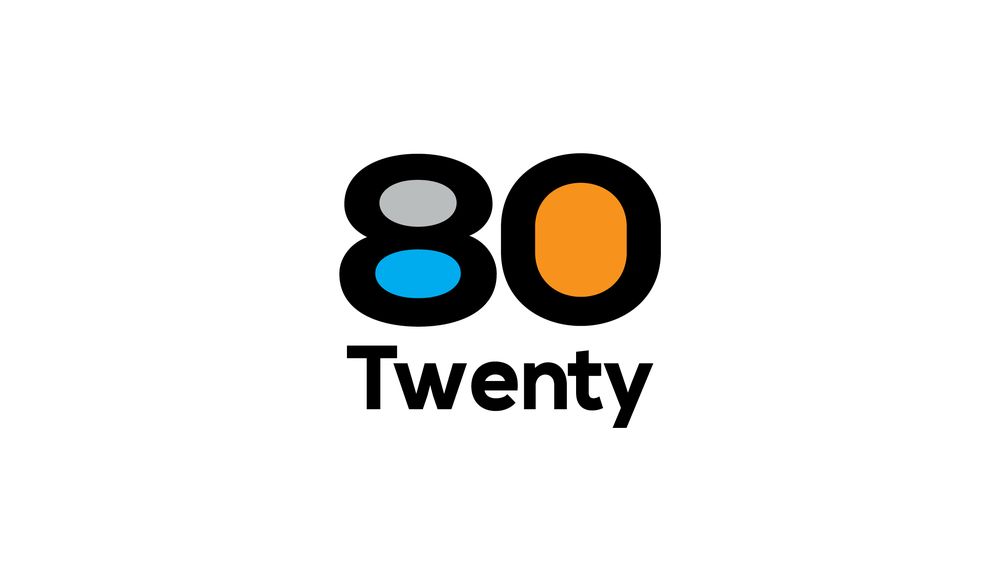The 80/20 rule, also known as the Pareto Principle, is a fascinating concept that finds application in various aspects of life and work. Coined by Italian economist Vilfredo Pareto in the early 20th century, this principle suggests that approximately 80% of outcomes result from 20% of inputs. In this article, we'll explore the significance of the 80/20 rule, its applications across different domains, and how embracing this principle can lead to increased efficiency and productivity.
Read More

Unveiling the 80/20 Rule: Maximizing Efficiency in Work and Life

Boosting Productivity with the Pomodoro Technique
In the fast-paced world of today, where distractions abound and time seems to slip away effortlessly, finding effective methods to enhance productivity has become a priority for many. The Pomodoro Technique, developed by Francesco Cirillo in the late 1980s, has emerged as a popular time management strategy. This technique is designed to improve focus, increase efficiency, and reduce burnout by breaking work into intervals called "pomodoros," each followed by a short break.
Read More

Calculating Deviation Numbers for Effective Risk Management
In the realm of risk management, understanding and quantifying potential deviations is crucial for making informed decisions. Deviation numbers play a pivotal role in assessing the variability and uncertainty associated with different aspects of a project or investment. Let's delve into the significance of deviation numbers and how to calculate them for robust risk management strategies.
Read More